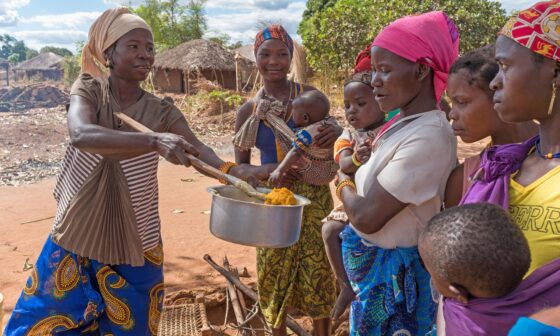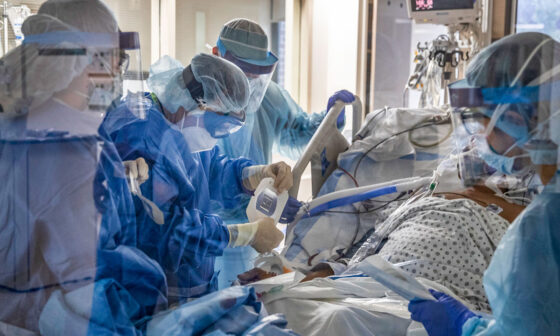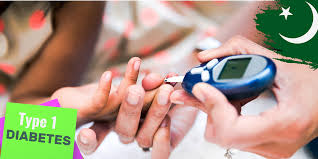Cancer remains one of the most formidable public health challenges in Pakistan, with breast and lung cancers ranking among the most common and deadly forms of the disease. According to the Pakistan Health Research Council, breast cancer is the leading cancer among women, while lung cancer continues to pose a significant threat to both men and women, especially smokers and individuals exposed to environmental pollution. Despite technological advances and medical breakthroughs, late diagnosis remains a persistent issue due to social stigma, lack of awareness, and insufficient screening infrastructure. In urban areas, a growing middle class has better access to diagnostic tools and treatment options, but rural populations continue to suffer from ignorance and poor healthcare outreach. The burden of cancer in Pakistan can be mitigated significantly through enhanced public awareness, timely screening, and community-driven interventions that promote early detection and healthy lifestyles.

Free Breast Cancer Screening Event Pakistan
Consider the story of Fatima Khan, a 52-year-old homemaker from Rawalpindi who was diagnosed with Stage II breast cancer in 2022. Fatima had noticed a lump in her breast months earlier but avoided seeking help due to fear, embarrassment, and misconceptions about cancer. It wasn’t until her daughter insisted on a medical checkup that she visited a hospital. Fortunately, early intervention enabled successful surgery followed by chemotherapy. Today, Fatima is cancer-free and serves as a local advocate for breast cancer awareness, encouraging women in her neighborhood to undergo regular checkups. Similarly, 60-year-old Akram Siddiqui, a retired school principal from Lahore, began coughing persistently and dismissed it as a smoker’s cough. Only after experiencing shortness of breath and weight loss did he seek medical attention, resulting in a diagnosis of Stage III lung cancer. These real-life experiences underscore how cultural barriers and negligence contribute to delayed diagnoses, even when early warning signs are present.

Breast cancer is particularly prevalent in Pakistani women, with one in nine women at risk. While genetic predisposition plays a role, lifestyle factors such as obesity, lack of physical activity, late childbirth, and prolonged hormone replacement therapy are also contributing causes. Cultural taboos around discussing women’s health often delay diagnosis, especially in conservative communities. Lung cancer, on the other hand, is heavily linked to tobacco use—both cigarette smoking and the use of traditional forms such as hookah and naswar. Air pollution, particularly in industrial cities like Karachi and Lahore, also contributes to rising lung cancer cases. The alarming increase in cancer incidence in young adults suggests that public health interventions must begin early and be culturally sensitive to overcome misconceptions and stigma. Media campaigns, school-based education, and collaboration with religious leaders can help dispel myths and encourage proactive healthcare.

An overview of breast cancer in Pakistan
Early detection remains the cornerstone of cancer management. For breast cancer, clinical breast exams, mammography, and self-examination can significantly increase survival rates if the disease is caught early. For lung cancer, chest X-rays, CT scans, and sputum cytology are key tools, especially for high-risk individuals. However, limited access to diagnostic centers in Pakistan hampers timely diagnosis. In rural areas, there are often no specialized oncology facilities, and the journey to urban centers is financially and physically demanding. Government initiatives such as the Prime Minister’s Program for Prevention and Control of Hepatitis and Cancer aim to increase awareness and access to care, but broader implementation is required. Mobile screening units, telemedicine, and public-private partnerships could bridge the urban-rural gap. Training female community health workers to conduct breast health education in homes can also make a significant impact on early detection.
Promoting lifestyle changes is essential to both preventing cancer and improving treatment outcomes. A balanced diet rich in fruits, vegetables, and fiber, along with regular physical activity, reduces the risk of both breast and lung cancer. Avoiding tobacco use is critical, and anti-smoking campaigns need to be more aggressive and visible. Wearing masks during high-pollution days, minimizing exposure to industrial chemicals, and creating smoke-free zones in public spaces are also effective preventive measures. Emotional well-being plays a role in recovery and prevention; cancer support groups and psychological counseling services should be made available in hospitals and community centers. Incorporating cancer education into school curricula can instill healthy habits from an early age. Religious gatherings, women’s associations, and community festivals are opportunities to disseminate screening information and encourage regular checkups.

Breast Cancer Awareness Session
Cancer awareness in Pakistan demands a collective response that includes government policy, medical professionals, educators, and citizens. Fatima Khan’s story exemplifies how awareness and timely action can save lives, while Akram Siddiqui’s experience highlights the cost of delay. Breaking the silence around cancer, especially breast and lung cancer, is vital for transforming public attitudes. Health literacy must be embedded in the national agenda, and efforts should be sustained through consistent messaging, affordable services, and widespread availability of screening tools. Investment in training more oncologists, radiologists, and nurses specializing in cancer care is also necessary. By fostering a culture of early detection, supportive care, and open dialogue, Pakistan can significantly reduce the human and economic toll of cancer.
References:
Aga Khan University Hospital (2023). “Early Detection and Cancer Control Strategies.”
Pakistan Health Research Council (2023). National Cancer Registry Report.
International Agency for Research on Cancer (2022). Global Cancer Observatory: Pakistan Profile.
World Health Organization (2023). Cancer Country Fact Sheet – Pakistan.
Shaukat Khanum Memorial Cancer Hospital Reports (2023). Annual Cancer Statistics.
Journal of Pakistan Medical Association (2022). “Public Perception and Screening Behavior in Breast Cancer.”
Dawn News (2023). “Lung Cancer and Tobacco: A Growing Concern in Pakistan.”
Express Tribune (2022). “Breaking Taboos: Breast Cancer Awareness Rises in Urban Areas.”






